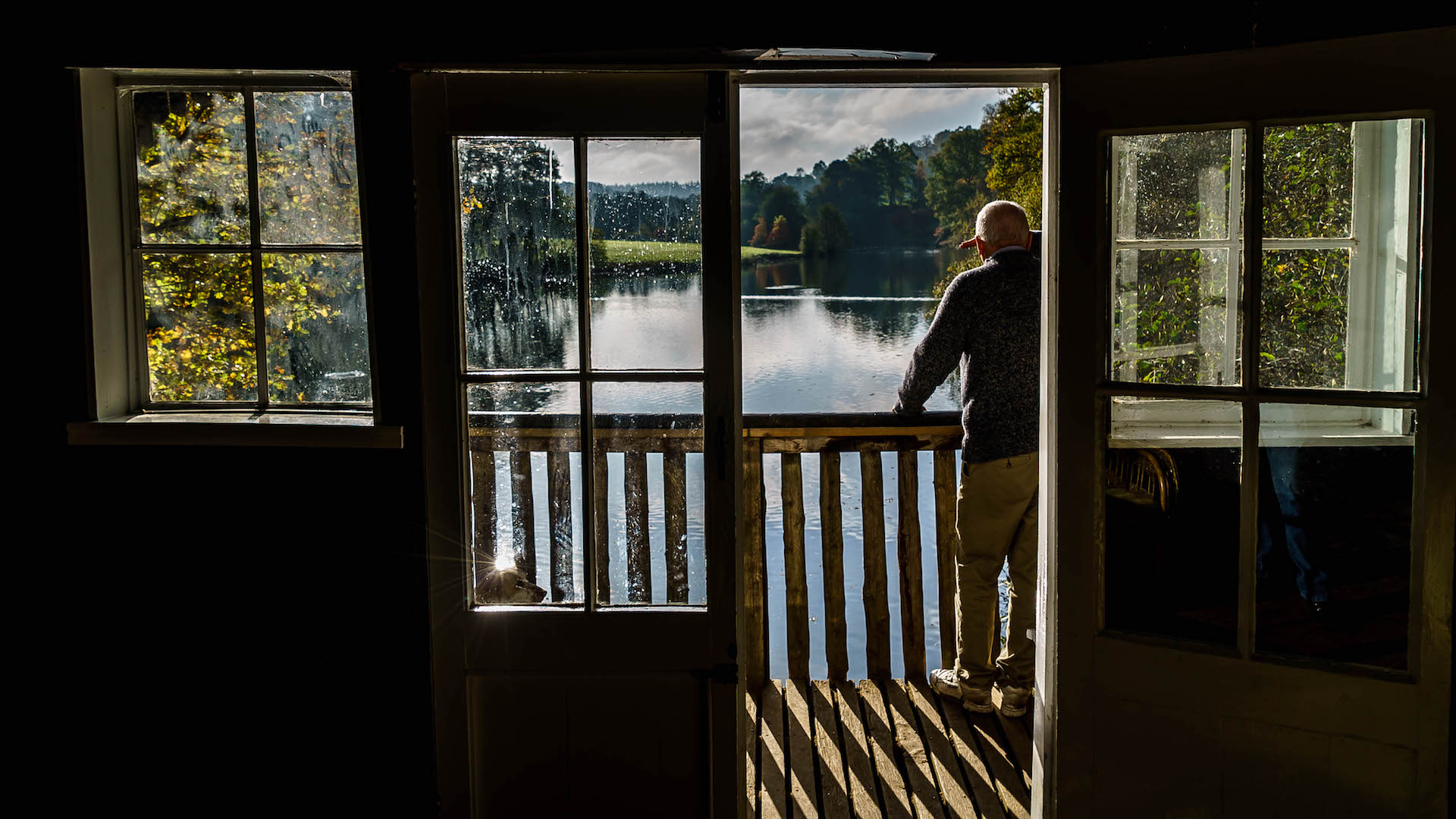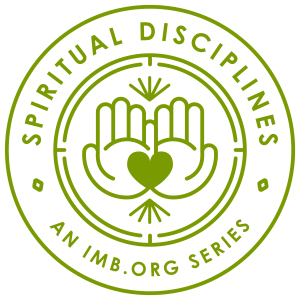
 In the super-agitated world of the twenty-first century, the twin disciplines of silence and solitude address the need of our souls to be quiet, calm, and alone before God.
In the super-agitated world of the twenty-first century, the twin disciplines of silence and solitude address the need of our souls to be quiet, calm, and alone before God.
Donald Whitney reminds us why these two disciplines are spiritual disciplines: “The discipline of silence is the voluntary and temporary abstention from speaking so that certain spiritual goals might be sought. Solitude is the spiritual discipline of voluntarily and temporarily withdrawing to privacy for spiritual purposes [emphasis mine].”
Furthermore, Whitney reminds us that silence and solitude (1) are complementary to fellowship, (2) naturally go together, and (3) are countercultural in the Western world.
“Silence simply does not typically describe who we are or how we live. But it is important.”
This third observation is very important for us because it points to the archaic nature of this dual discipline. The words silence and solitude themselves have become somewhat archaic. At least our practice—or lack of practice—of them would seem to confirm this notion. In the West, we have simply become uncomfortable with silence and, to a lesser degree perhaps, with solitude.
- We commonly walk into our houses and immediately turn on the television.
- Step into an elevator and preprogrammed music automatically plays.
- Visit a doctor’s office and the ubiquitous television is already on.
- Get into your car and drive away, and the radio, CD player, or MP3 is usually blaring.
- An unplanned moment of silence in church is usually filled by the pianist, organist, or guitarist.
- In the city, the noise of trains, planes, cars, and trucks is so common that we barely notice anymore.
- Joggers with wires in their ears drown out the beat of their own hearts.
Finding Silence and Solitude in the Chaos
In Latin America, where we lived many years, it was no better. We lived in the middle of a cacophony of daily sounds—specific toots, whistles, claps, bangs, and yells that signaled the arrival of milk, knife sharpeners, ice cream vendors, newspapers, garbage collectors, and a host of others. Such noise is a common experience of many who live in global cities, which is why silence and solitude have become important disciplines for missionaries.
Silence simply does not typically describe who we are or how we live. But it is important. Jesus modeled for us this dual spiritual discipline as an essential habit for spiritual recalibration. What he found useful is obviously useful for us. Jesus sought solitude when preparing for leadership and public ministry by spending forty days alone in the desert.
Before he chose the Twelve, he spent the night alone in the hills (Luke 6:12–16). When he heard of the death of his cousin, John, he withdrew in a boat to be alone with the Father and grieve (Matt. 14:13). After expending his spiritual energy by feeding thousands, he retreated by himself to the hills (Matt. 14:23).
Finding himself in times of doubt and decision-making while serving in Japan, Robertson McQuilkin would pack his pup tent and head to the mountains. Read his description of one of those times.
I remember what happened—what he said to me, how my spirit was liberated, the surge of empowerment, the joy of his companionship, the ecstasy of his loving embrace, the wisdom imparted, the confusion cleared. And always, marching orders for the days ahead.
When we were serving in Peru, I marked one day each month on my calendar as TD— Think Day—for a day of reflection and renewal with the Father. I was continually learning a second language and struggling to fit into a culture that is incredibly different than the one in which I was raised. I was trying to find the proper balance between being a 24/7/365 minister, convinced I was to give it my all but all the while knowing my family also seriously and consistently needed my attention. These pressures all added to the constant question: how do I do this in a way that brings honor to God and reflects his heart? I knew I simply did not possess the skills or the emotional and spiritual reserves to keep it all together.
“We need solace, comfort, and reassurance from the One who called us to a strange new place.”
So, I would search out a quiet place, hoping to capture a new word from his Word, taking several, much needed hours of spiritual refreshment and quietness before him. My soul needed it, longed for it, craved it. With a TD commitment on my calendar, I was able to easily decline invitations or meetings for those days and dedicate that time to reading the Word, to prayer, to meditation, and to planning for the days ahead. After forty-eight years of ministry, I still need those days. I long for them to calm my mind and spirit for whatever comes next, with confidence in the Lord.
Work to Find Silence and Solitude
One of the greatest hurdles for practicing silence and solitude is actually escaping from all those noisy distractions in our lives. Henry Nouwen aptly reminds us that we not only must escape the real noises but also the thousands of thoughts with which we are bombarded, even as we try to pray or sit quietly before God.
Those of us surrounded by constant cultural clatter, whatever the source, definitely need physical and emotional relief by occasionally escaping to a quieter place. But, more than that, we need solace, comfort, and reassurance from the One who called us to a strange new place when questions about that call, our response to it, and worry about how to get the job done begin to hammer our brains with doubt.
Foster offers some suggestions that may help us recapture this archaic notion: take little solitudes during the day; set aside or build a place at home that becomes your special place to be alone with God; find somewhere in the community where you get away from the noise of life, perhaps a park, a church, a library; practice not talking—maybe a whole day at a time; plan an annual or quarterly withdrawal to reorient your goals.
I encourage you to take advantage of opportunities to retreat from the business, busyness, and noise of your normal days to be alone with God and recharge your spiritual, physical, and emotional batteries. It will slow the beating of your heart and calm your restless soul. You can worship, hear God’s voice, regain your perspective, and understand more clearly your marching orders for the days ahead.
Hayward Armstrong served twenty-seven years with the IMB in South America and at the training center in Richmond, Virginia. He currently serves as professor of missions and director of online graduate programs for the School of Theology and Missions at Union University in Jackson, Tennessee. He is joyfully married to Sherra, is the father of two grown children, and is a grandfather of five. His most recent book is M-Life Illustrated: Reflections on the Lives of Cross-Cultural Missionaries.

